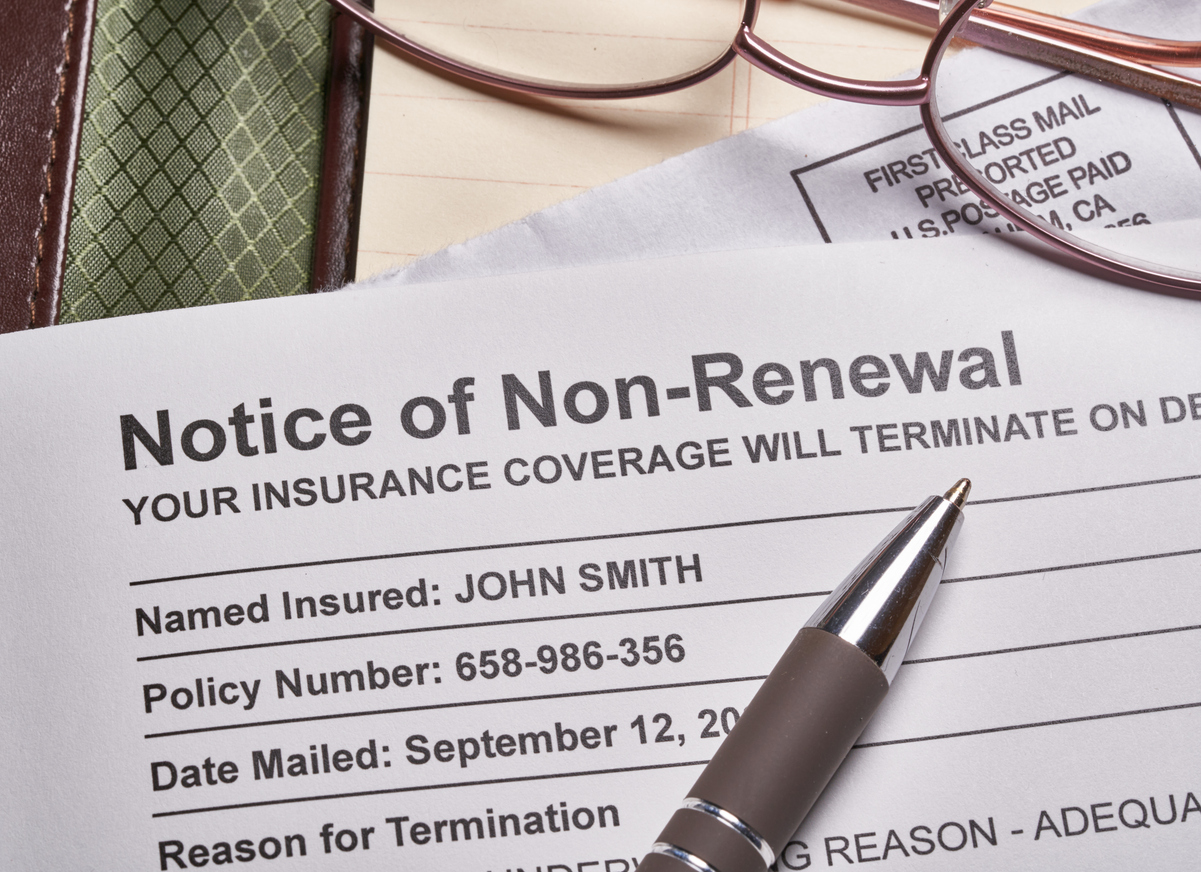As a property insurance attorney in California, I often come upon the situation where insureds consult with me when asked to sign what is known here as a "White Waiver." At the point that a "White Waiver" is brought up, a property owner at issue with an insurer either during the claims stage or during litigation has much to think about before agreeing to sign a "White Wavier." The California Supreme Court found that an insurer may be liable for bad faith conduct which occurs during the litigation between an insured and his or her insurer. It is from this premise the "White Waiver" situation arose.
What is a "White Waiver"?
In White v. Western Title Insurance Company,1 the court found that the contractual relationship between an insured and his or her insurer does not end when litigation begins. In this matter, the insurer moved for Summary Judgment after plaintiff White filed a lawsuit against his insurer. Defendant insurer lost Summary Judgment and with the potential of facing a losing situation regarding liability according to the applicable case law was concerned about the outcome of litigation. Despite these concerns, the defendant insurer offered what the court considered as only nuisance value settlement offers. The insurer also failed to even attempt to appraise plaintiff White’s loss until the issue of liability had been tried by the court and the insurer had lost.
After the insurer lost in White, insurers began the practice of what is now known as the "White Waiver." For settlement discussions at the time of the claims stage and during litigation, insurers have asked for a release to be signed by the insured stating that settlement discussions are kept private and therefore the conduct of the insurer in providing any settlement discussion under the "White Waiver" cannot be used to establish bad faith against the insurer.
Depending on the point of the claim or litigation, and the tenor of settlement discussions, it’s important for an insured to weigh the conduct of an insurer before agreeing to sign a "White Waiver" for the sake of settlement discussions.



